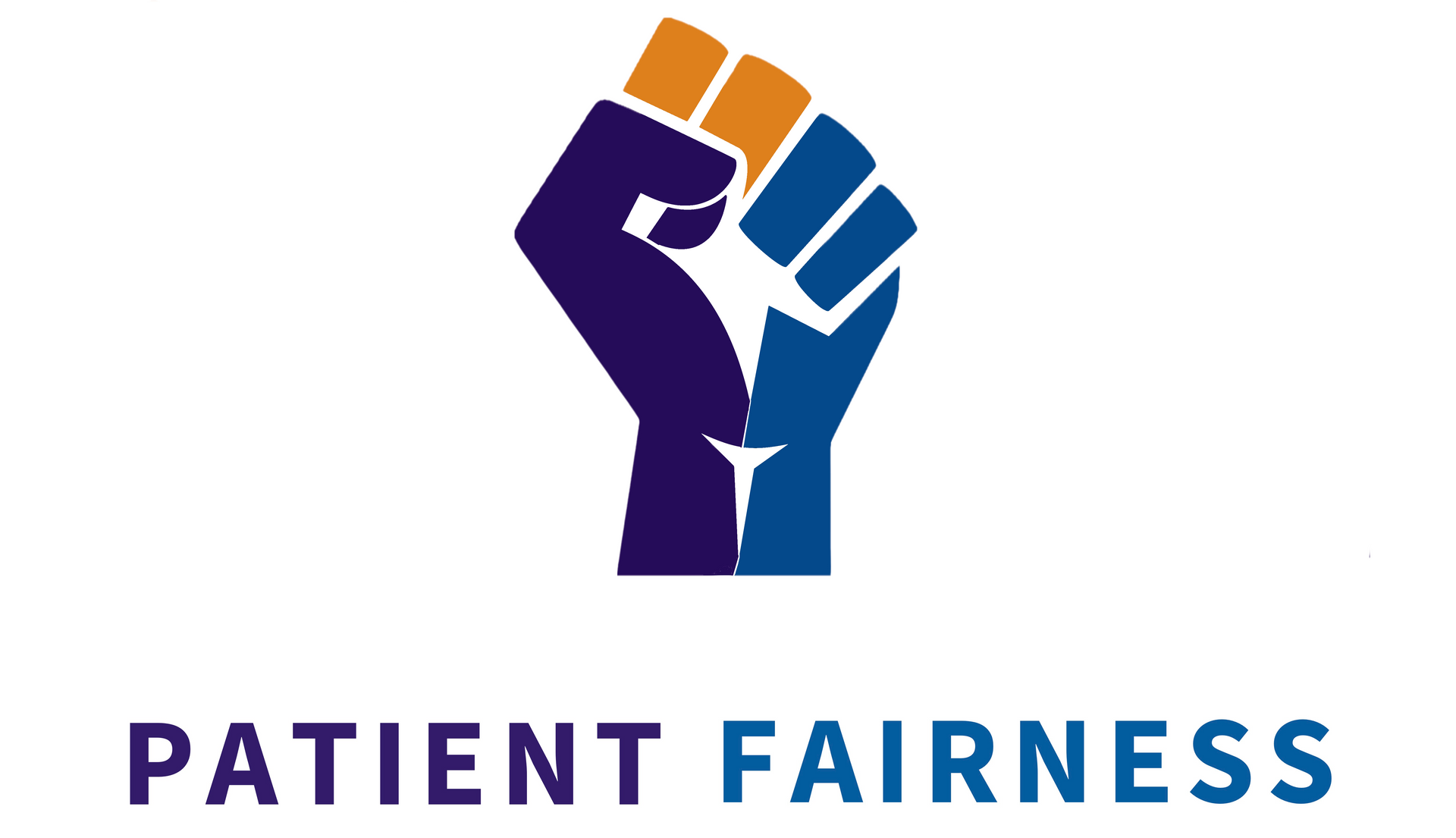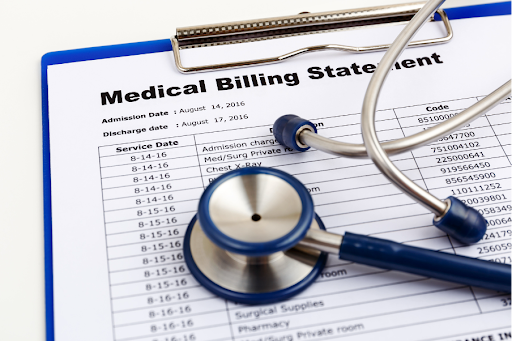Representing Yourself in a Medical Bill Dispute
When you receive a medical bill you disagree with or simply can’t afford, your first thought might be to give up, accept the charge, or consider paying a costly advocate to negotiate on your behalf. But here’s the truth: you don’t need to accept an unfair bill or spend a lot of money for someone else to represent you. With the right tools, knowledge, and support, you can represent yourself in a medical bill dispute and succeed.
You Have the Power to Dispute a Medical Bill
A 2024 survey published in the AMA Health Forum revealed a surprising truth: ordinary patients who took the initiative to contact their provider about a problem bill often got results.
- 62% of patients who negotiated reported reductions.
- 49% of patients unable to pay had bills reduced, forgiven, or received financial aid.
- 4% had billing errors corrected.
Most notably, only 4% of patients used a billing advocate or representative, meaning the vast majority represented themselves. Patients who took action were often able to reduce or eliminate their bills without outside help.
Unfortunately, nearly 40% of people don’t dispute medical bills at all. Many don’t realize they can dispute unfair medical bills, are intimidated by the bill, or don’t know where to start.
That’s where Patient Fairness comes in.
Why Represent Yourself?
Representing yourself gives you more control, credibility, and a better chance for success in the dispute:
1. Providers Take Patients More Seriously
Providers are far more receptive to patients than outside representatives. You’re their customer, and they have a reason to maintain a positive relationship with you. In contrast, third parties may be treated more defensively.
2. You Know What’s Fair
Only you fully understand the situation and what a reasonable outcome looks like. Unlike a representative who may have a financial incentive to settle quickly, you can stand your ground based on your personal goals.
3. You Have the Most at Stake
No one is more affected by the outcome of a dispute than you. That’s why your voice is the most powerful in this process.
4. It Costs Less
Using a third party, especially those charging a percentage of savings, can be expensive. Patient Fairness uses an affordable, tech-enabled approach to keep fees low and put you in control.
The Patient Fairness Process: 3 Simple Steps
Step 1: Examine the Bill & Identify Concerns
Start by uploading a copy of your problem medical bill and other related documents, and complete the Problem Medical Bill Assessment on our website. This free tool helps you share the details of your bill, services received, and any applicable insurance information (if applicable). We analyze your situation and identify possible reasons to dispute the bill, like surprise bills, balance-billing practices, undisclosed pricing, and violations of either the No Surprises Act or state-level protections.
Step 2: Dispute the Bill
After reviewing your assessment, we will create a custom letter of dispute based on your case. This letter formally raises your concerns with the provider, requests a response within 30 days, and asks for more detailed billing information. Upon your approval, Patient Fairness mails the letter on your behalf and tracks delivery. If the provider doesn’t respond, we follow up with a second letter.
Step 3: Pursue Resolution
You remain in charge of the outcome. Patient Fairness helps you understand any response from the provider and guides you in evaluating your options. You’ll receive pricing benchmarks, including comparisons to Medicare and estimated provider costs, so you can decide what you think is fair. If you choose to settle, we provide template agreements to help you document the terms. If no agreement is reached, you’ll still have a formal record of your dispute on file.
You Don’t Need Legal Training—Just Support
Patients dispute charges all the time, just like any consumer would in other areas of life. If a restaurant overcharges you or your credit card posts a wrong fee, you take action. Medical billing is no different.
The complexity of healthcare billing might feel intimidating, but Patient Fairness simplifies it. You don’t have to go it alone—we walk you through every step.
Tips to Succeed as Your Own Advocate
- Stay Focused on Your Goals: Keep the outcome you want top of mind. Don’t get derailed by emotion or details that don’t serve your purpose.
- Remember: It’s Business: This is a financial transaction. You’re not being difficult—you’re protecting your interests like any consumer should.
- Know Your Leverage: If you haven’t paid the bill yet, you have what the provider wants: payment. That gives you leverage.
When to Get Legal Help
While most billing issues can be handled without a lawyer, consider legal representation if:
- You’re being sued or threatened with legal action.
- You want to explore your legal rights or take legal action yourself.
- The dispute involves the quality of medical care or other serious non-billing concerns.
Final Thoughts
Representing yourself in a medical bill dispute isn’t just possible—it’s powerful. You’re not asking for a favor. You’re asserting your rights as a patient and consumer.
Patient Fairness provides the strategy, structure, and support you need to do it with confidence.
Start your free Problem Medical Bill Assessment now at Patient Fairness.











